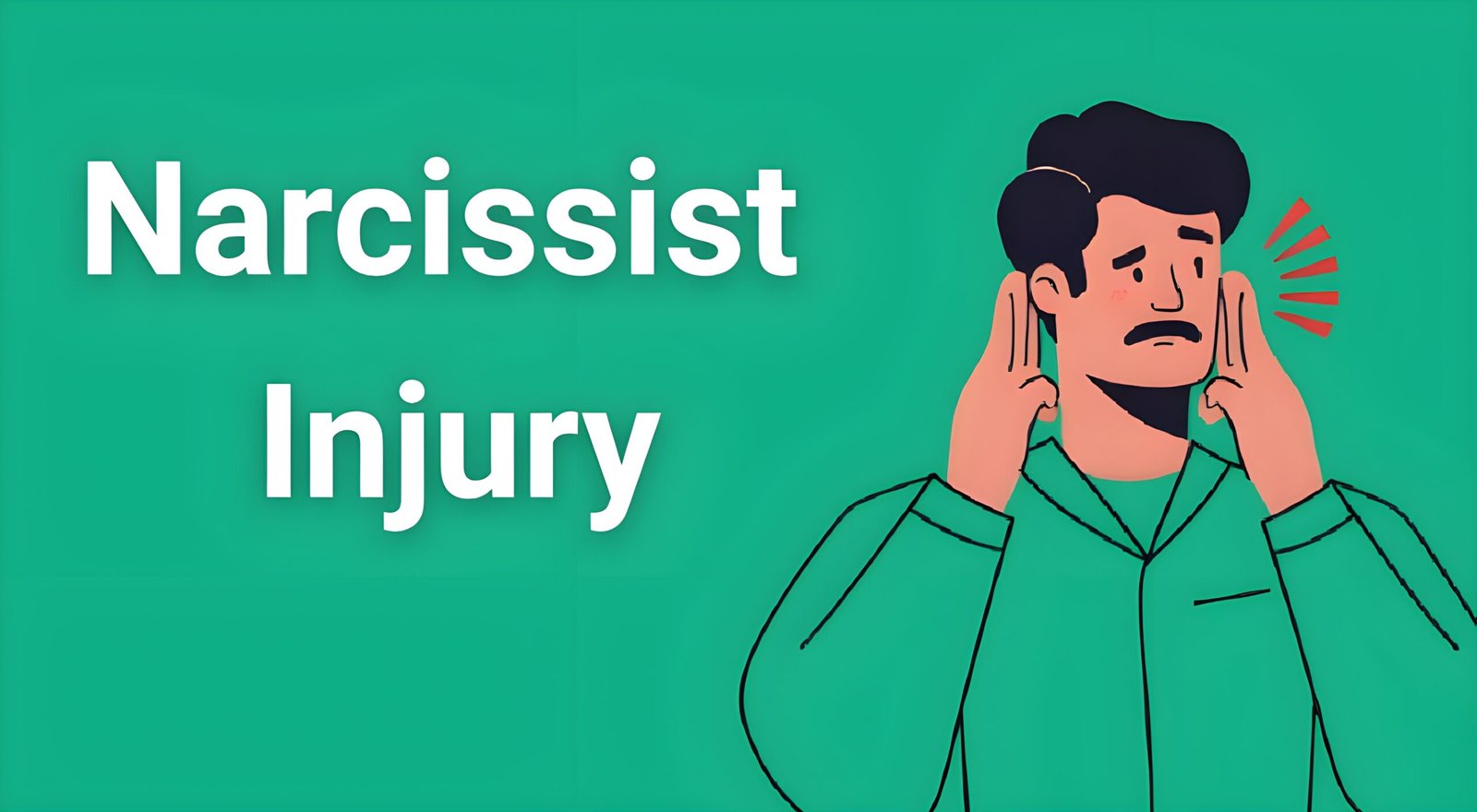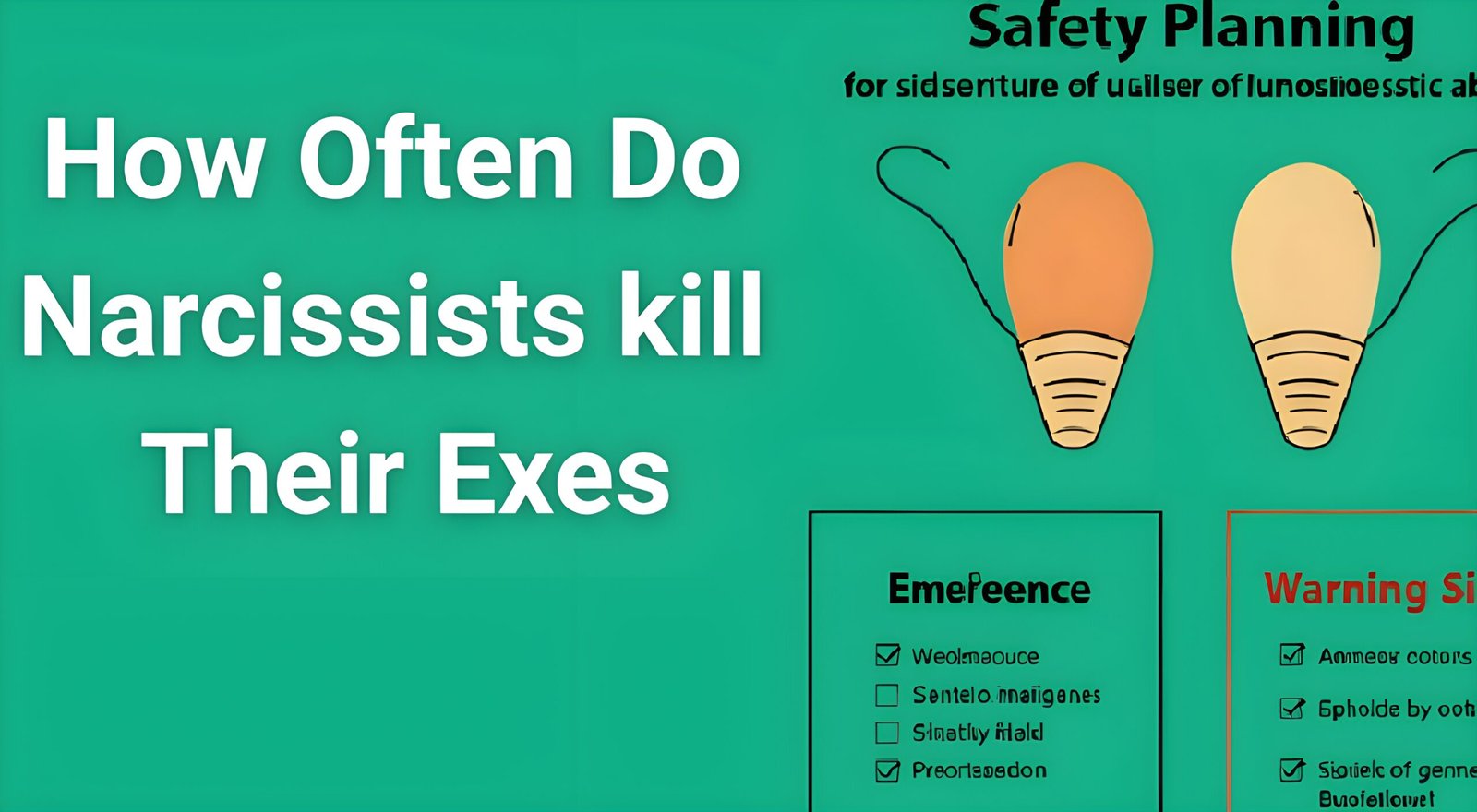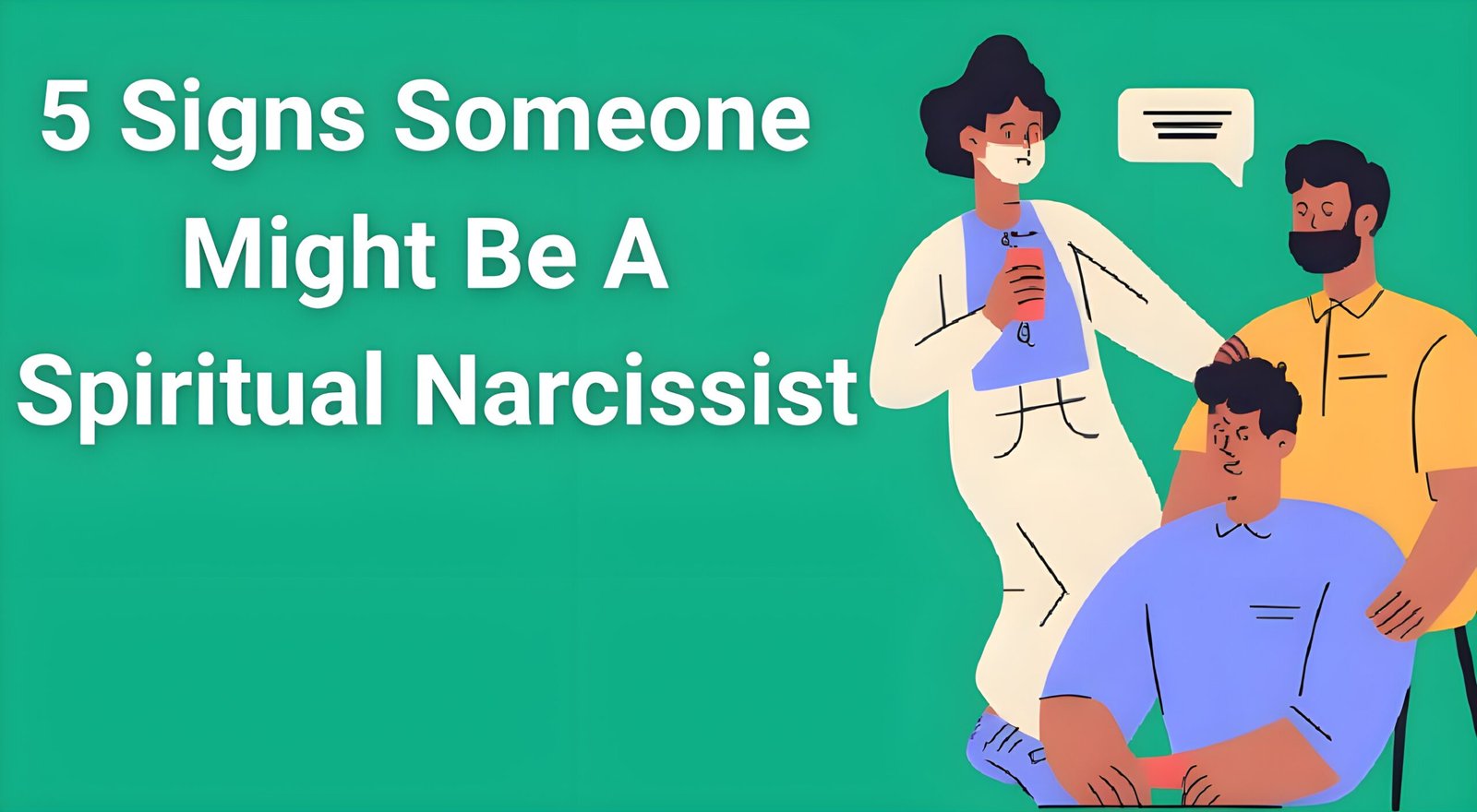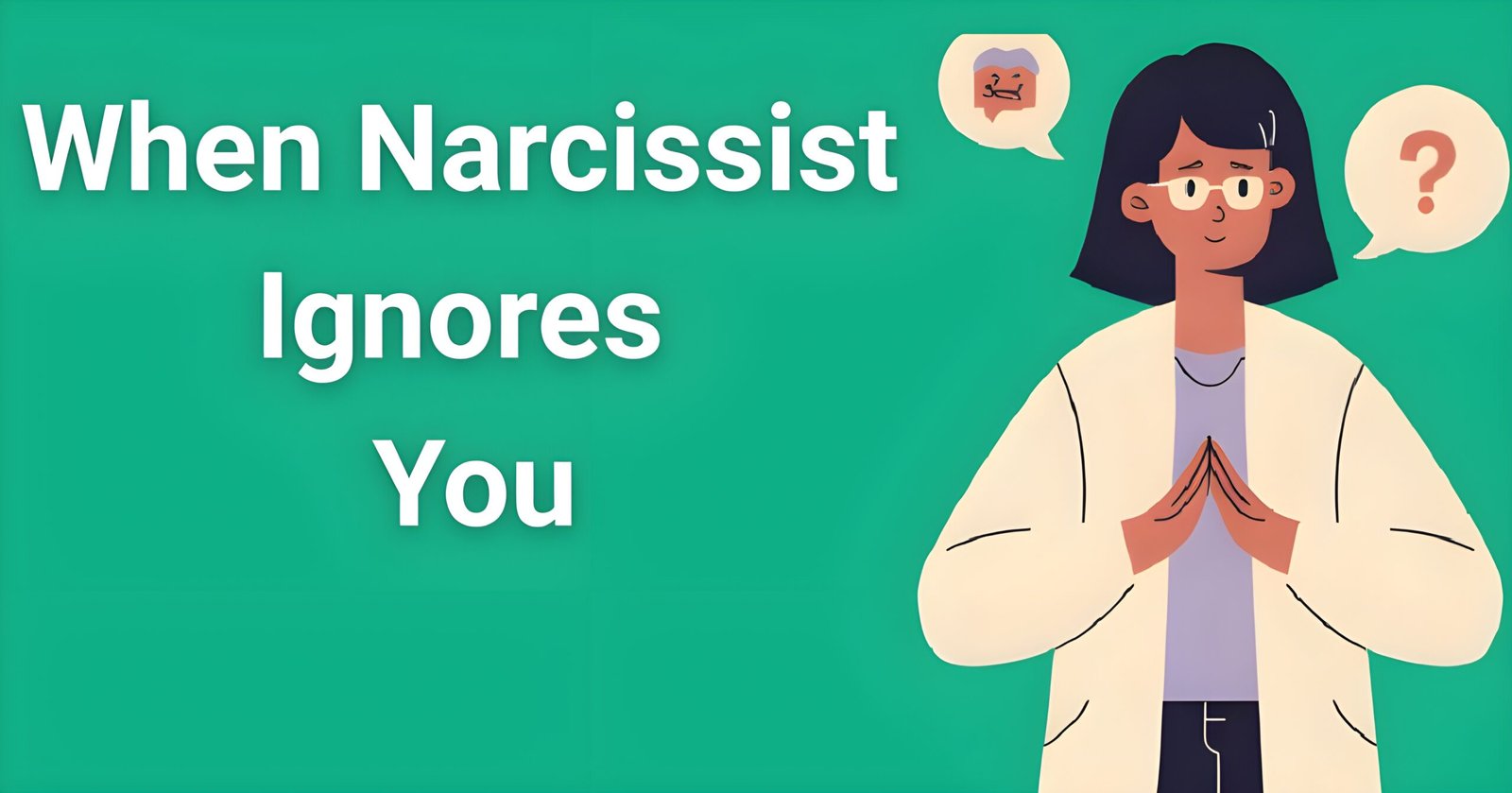The moment you accidentally challenge a narcissist’s authority or point out their mistake, you might witness an explosive reaction that seems completely out of proportion. This isn’t just anger—you’ve triggered what psychologists call a narcissist injury, and understanding this psychological phenomenon could be the key to protecting your mental health and safety.
- What Is Narcissist Injury? The Psychology Behind the Wound
- 7 Common Triggers That Cause Narcissist Injury
- How Narcissist Injury Manifests: Warning Signs to Watch For
- The Dangerous Aftermath: What Happens After Narcissist Injury
- How to Protect Yourself When You’ve Triggered Narcissist Injury
- Healing from Narcissistic Abuse and Breaking Trauma Bonds
- Frequently Asked Questions About Narcissist Injury
- Conclusion
A narcissist injury occurs when someone with narcissistic traits perceives their inflated self-image has been threatened, criticized, or challenged in any way. Unlike normal emotional responses to criticism, this psychological wound can trigger dangerous reactions including rage, manipulation, and even violence. For anyone dealing with narcissistic partners, family members, or colleagues, recognizing the warning signs and knowing how to protect yourself isn’t just helpful—it’s essential.
What Is Narcissist Injury? The Psychology Behind the Wound
Narcissist injury, also known as narcissistic wound or wounded ego, represents a profound emotional trauma that overwhelms a person’s psychological defenses. When someone with Narcissistic Personality Disorder (NPD) or strong narcissistic traits faces criticism, perceived abandonment, or challenges to their grandiose self-image, they experience this devastating blow to their sense of superiority.
The Psychology Behind the Wound
Think of a narcissist’s self-esteem like a house of cards—impressive looking from the outside, but incredibly fragile underneath. While most people have a solid foundation of self-worth that can weather criticism and setbacks, narcissists have constructed their entire identity around an artificial, inflated self-image. When this facade is threatened, the entire psychological structure feels like it might collapse.
This fragility stems from deep childhood trauma or neglect that created profound shame and feelings of worthlessness. The grandiose behavior we see is actually a desperate defense mechanism covering up this core wound. When a narcissist injury occurs, it’s like someone has suddenly ripped away this protective mask, exposing the raw shame and vulnerability underneath.
How Narcissist Injury Differs from Normal Hurt Feelings
Everyone experiences hurt feelings when criticized or rejected. The key difference with narcissist injury lies in the intensity, duration, and destructive response:
Normal Response:
- Temporary sadness or disappointment
- Ability to self-reflect and potentially grow
- Proportionate emotional reaction
- Capacity to forgive and move forward
Narcissist Injury Response:
- Explosive rage or cold, calculating revenge
- Complete inability to self-reflect or accept fault
- Massively disproportionate reaction to the trigger
- Long-term grudges and desire for retaliation
- Projection of shame and blame onto others
7 Common Triggers That Cause Narcissist Injury
Understanding what triggers a narcissist injury can help you navigate these dangerous emotional minefields. Here are the most common situations that can wound a narcissist’s fragile ego:
1. Direct Criticism or Feedback
Even constructive criticism delivered gently can trigger intense narcissist injury. Narcissists interpret any negative feedback as a devastating attack on their entire identity rather than feedback on specific behavior.
Examples that trigger injury:
- “You made an error in this report”
- “That approach didn’t work very well”
- “You might want to consider this differently”
Why it’s devastating: Criticism challenges their belief that they’re perfect and superior to others.
2. Being Ignored or Not Given Attention
Narcissists require constant validation and attention to maintain their inflated self-image. When they’re ignored, overlooked, or don’t receive the admiration they believe they deserve, it triggers deep narcissist injury.
Examples that trigger injury:
- Not responding to their text immediately
- Talking to someone else at a party instead of focusing on them
- Failing to acknowledge their achievements
- Not asking for their opinion or advice
3. Someone Else’s Success or Recognition
Narcissists view life as a zero-sum game where someone else’s success diminishes their own worth. Witnessing others receive praise, promotions, or recognition can trigger intense narcissist injury rooted in envy and feelings of inadequacy.
Examples that trigger injury:
- A colleague getting promoted over them
- Friends celebrating someone else’s accomplishments
- Social media posts showing others’ successes
- Anyone receiving attention they believe should be theirs
4. Setting Boundaries or Saying No
When you establish boundaries or refuse their demands, narcissists experience this as a direct challenge to their perceived authority and control. This triggers narcissist injury because it contradicts their belief that others should always prioritize their needs.
Examples that trigger injury:
- “I can’t meet tonight, I have other plans”
- “I’m not comfortable discussing this topic”
- “That’s not something I’m willing to do”
- Any form of saying no to their requests
5. Public Embarrassment or Humiliation
Being embarrassed in front of others is devastating to narcissists because their entire identity depends on maintaining a superior image in the eyes of others. Public mistakes or embarrassments trigger severe narcissist injury.
Examples that trigger injury:
- Making a mistake in front of coworkers
- Being corrected in a group setting
- Having their lies or exaggerations exposed publicly
- Failing at something others witness
6. Challenging Their Authority or Knowledge
Narcissists position themselves as experts and authority figures in their relationships. When someone questions their knowledge, decisions, or leadership, it triggers narcissist injury by threatening their sense of dominance.
Examples that trigger injury:
- Disagreeing with their opinion in a group
- Providing correct information when they’re wrong
- Making decisions without consulting them
- Questioning their expertise in any area
7. Abandonment or Rejection
Perhaps the most devastating trigger, any form of abandonment or rejection strikes at the narcissist’s deepest fear of being unworthy of love. This triggers massive narcissist injury and often results in the most extreme reactions.
Examples that trigger injury:
- Breaking up with them or asking for divorce
- Choosing to spend time with others instead of them
- Moving away or changing jobs
- Any form of physical or emotional withdrawal
How Narcissist Injury Manifests: Warning Signs to Watch For
Recognizing the signs of narcissist injury is crucial for your safety and sanity. These reactions can appear immediately or be delayed, but they typically follow predictable patterns:
Immediate Rage Reactions
The most obvious sign of narcissist injury is explosive anger that seems completely out of proportion to the trigger. This isn’t normal anger—it’s a primal rage response to perceived threats to their identity.
Signs include:
- Screaming, yelling, or verbal attacks
- Throwing objects or physical aggression
- Threats of violence or punishment
- Character assassination and cruel personal attacks
Passive-Aggressive Retaliation
Not all narcissist injury manifests as obvious rage. Many narcissists employ subtle, passive-aggressive tactics to regain control while maintaining plausible deniability.
Signs include:
- Silent treatment lasting days or weeks
- Sabotaging your efforts or relationships
- Spreading rumors or lies about you
- Withholding affection, support, or resources
- “Forgetting” important commitments or promises
Projection and Blame-Shifting
When experiencing narcissist injury, narcissists cannot tolerate feeling at fault, so they project their shame and anger onto others. Suddenly, you become the problem, the crazy one, the person who “made them” react this way.
Signs include:
- “You’re too sensitive”
- “You’re the real problem here”
- “Look what you made me do”
- Accusing you of behaviors they’re actually exhibiting
Gaslighting and Reality Distortion
To protect their wounded ego, narcissists will often attempt to rewrite history or make you question your own perceptions of events. This gaslighting intensifies after narcissist injury as they desperately try to maintain their superior position.
Signs include:
- “That never happened”
- “You’re remembering it wrong”
- “You’re being dramatic”
- Making you doubt your own memories and perceptions
The Dangerous Aftermath: What Happens After Narcissist Injury
Understanding what happens after you’ve triggered narcissist injury is crucial for your safety and well-being. The aftermath typically unfolds in predictable stages:
The Immediate Defensive Response
Right after the injury, narcissists activate powerful psychological defense mechanisms to protect their fragile ego. This might look like explosive rage, complete denial, or immediate blame-shifting. They’re essentially in psychological survival mode.
The Revenge Planning Phase
Once the initial shock wears off, many narcissists enter a calculating phase where they plan how to “get back” at the person who wounded them. This isn’t forgiveness—it’s strategic retaliation designed to restore their sense of superiority.
Long-term Grudges and Punishment
Unlike healthy individuals who can forgive and move on, narcissists often hold grudges indefinitely. The person who caused their narcissist injury may face ongoing punishment, sabotage, or attempts to destroy their reputation.
The Idealization-Devaluation Cycle
In relationships, narcissist injury often triggers the devaluation phase of the abuse cycle. Someone who was previously idealized suddenly becomes the target of intense criticism, cruel treatment, and emotional abuse.
How to Protect Yourself When You’ve Triggered Narcissist Injury
If you’ve accidentally triggered narcissist injury, your safety and mental health become the top priorities. Here are evidence-based strategies for protection:
Immediate Safety Strategies
Stay Calm and Don’t React Your emotional reaction feeds their need for drama and control. Practice deep breathing and remain as neutral as possible, even if they’re attacking you verbally.
Don’t Defend or Explain Logical explanations don’t work when someone is in a narcissist injury state. Defending yourself often escalates the situation further.
Use the Gray Rock Method Become as boring and unresponsive as possible. Give short, factual answers and avoid sharing anything personal or emotionally engaging.
Create Physical Distance If possible, leave the situation. Go to another room, take a walk, or visit a friend. Physical distance can prevent escalation to violence.
Long-term Protection Strategies
Document Everything Keep records of abusive incidents, including dates, times, witnesses, and evidence like texts or emails. This documentation may be crucial later for legal protection or validation.
Build a Support Network Narcissists often isolate their victims, so maintaining connections with friends, family, and professionals is crucial for your mental health and safety.
Set and Maintain Boundaries While boundary-setting may trigger more narcissist injury, it’s essential for your long-term well-being. Be consistent and don’t negotiate your boundaries.
Professional Support is Essential Working with a therapist who understands narcissistic abuse can help you develop coping strategies and heal from the trauma of these experiences.
When You Can’t Leave the Situation
Sometimes leaving isn’t immediately possible due to financial constraints, children, or other circumstances. If you’re trapped in a relationship with someone prone to narcissist injury, specific survival strategies can help protect your mental health while you plan your exit.
Recognize that their reactions aren’t your fault Understanding that narcissist injury is about their psychological wounds, not your behavior, can help you maintain perspective and reduce self-blame.
Develop safety plans for different scenarios Have specific plans for where to go and who to call if situations escalate dangerously after triggering narcissist injury.
Practice emotional detachment techniques Learn to protect your emotional energy through visualization, mindfulness, and other grounding techniques that help you stay centered during attacks.
Healing from Narcissistic Abuse and Breaking Trauma Bonds
If you’re dealing with someone prone to narcissist injury, you’re likely experiencing ongoing psychological trauma that requires specialized healing approaches. The cycle of tension, explosion, and temporary calm can create powerful trauma bonds that make leaving feel impossible.
Understanding Your Situation
Many people trapped in relationships with narcissists feel confused about what they’re experiencing. The constant walking on eggshells, questioning your own perceptions, and experiencing disproportionate reactions to minor issues are signs you may be dealing with systematic psychological abuse.
Getting clarity about your specific situation from someone who understands narcissistic abuse patterns can provide the validation and direction you desperately need. A personalized analysis of your relationship dynamics, the specific manipulation tactics being used, and a customized protection strategy can be life-changing when you’re lost in the confusion of narcissistic abuse.
Breaking Free from Trauma Bonds
The psychological attachment to someone who triggers narcissist injury and then punishes you for it creates a complex trauma bond that functions similarly to addiction. Your brain literally becomes addicted to the cycle of pain and intermittent reinforcement.
Breaking these trauma bonds requires more than willpower—it requires rewiring your nervous system and brain chemistry through structured, science-based recovery techniques. A systematic approach that addresses the neurological aspects of trauma bonding can help you break free permanently, even when traditional advice like “just leave” feels impossible to follow.
Developing Long-term Recovery
Recovery from narcissistic abuse involves rebuilding your sense of reality, self-worth, and identity after having them systematically undermined. This process takes time and often requires learning new ways of thinking about yourself and relationships.
The journey involves recognizing manipulation tactics, understanding how trauma bonds form, learning to trust your own perceptions again, and developing the skills to prevent future narcissistic relationships. Professional guidance through this process can accelerate healing and prevent you from falling into similar patterns in the future.
Frequently Asked Questions About Narcissist Injury
Can a narcissist injury be triggered by accident?
Yes, absolutely. Most people trigger narcissist injury completely unintentionally by doing normal things like expressing an opinion, asking a question, or not responding to a text immediately. The trigger often seems minor or completely innocent to others, but the narcissist’s fragile ego interprets it as a devastating attack.
How long does narcissist injury last?
Unlike normal hurt feelings that fade with time, narcissist injury can persist for years or even decades. Narcissists often hold grudges indefinitely and may continue seeking revenge long after the original incident. The injury doesn’t heal naturally because they cannot process shame or take responsibility for their reactions.
Is narcissist injury the same as narcissistic rage?
Narcissist injury is the wound itself—the psychological trauma the narcissist experiences when their ego is threatened. Narcissistic rage is one possible response to that injury. Other responses might include passive-aggression, silent treatment, or calculated revenge. The rage is the reaction; the injury is the underlying wound.
Can you prevent triggering narcissist injury?
While you can learn to recognize common triggers and modify your behavior accordingly, it’s impossible to completely prevent narcissist injury. Narcissists’ triggers are often unpredictable and can include things as simple as being happy, successful, or independent. Walking on eggshells indefinitely isn’t sustainable or healthy.
Do all narcissists experience narcissist injury the same way?
No, responses vary significantly. Some narcissists react with explosive rage, others with cold, calculating revenge. Some withdraw and punish through silent treatment, others launch smear campaigns. The intensity and type of response depend on their specific personality, the relationship dynamic, and the nature of the trigger.
Can someone heal from causing narcissist injury to others?
If someone recognizes they have narcissistic traits and frequently experiences these injuries, healing is possible but requires intensive professional treatment. It involves processing the underlying childhood trauma, learning emotional regulation skills, and developing genuine empathy. However, true change is rare and requires the person to acknowledge their behavior and commit to long-term treatment.
What should you do if you accidentally trigger narcissist injury?
Don’t apologize excessively or try to fix their emotional state—this often makes things worse. Stay calm, avoid defending yourself, and give them space to regulate. Focus on your own safety first. If you’re in an ongoing relationship, this might be an opportunity to reassess whether the relationship is healthy for you.
Conclusion
Understanding narcissist injury is like having a roadmap through dangerous emotional territory. When you recognize that explosive reactions, vindictive behavior, and cruel punishment often stem from a narcissist’s wounded ego rather than your actions, you can begin to protect yourself more effectively.
Remember that triggering narcissist injury isn’t your fault—it’s an inevitable result of dealing with someone whose self-esteem is so fragile that normal human interactions feel like attacks. You cannot walk on eggshells forever, nor should you sacrifice your authentic self to avoid wounding someone else’s ego.
The most important insight is that your safety and mental health must come first. Whether you’re dealing with a narcissistic partner, parent, coworker, or friend, you deserve relationships where you can express yourself honestly without fear of disproportionate retaliation.
If you’re currently trapped in this cycle of triggering narcissist injury and facing punishment, know that help is available and healing is possible. You don’t have to navigate this complex psychological terrain alone, and with the right support and strategies, you can reclaim your life from the chaos of narcissistic abuse.






